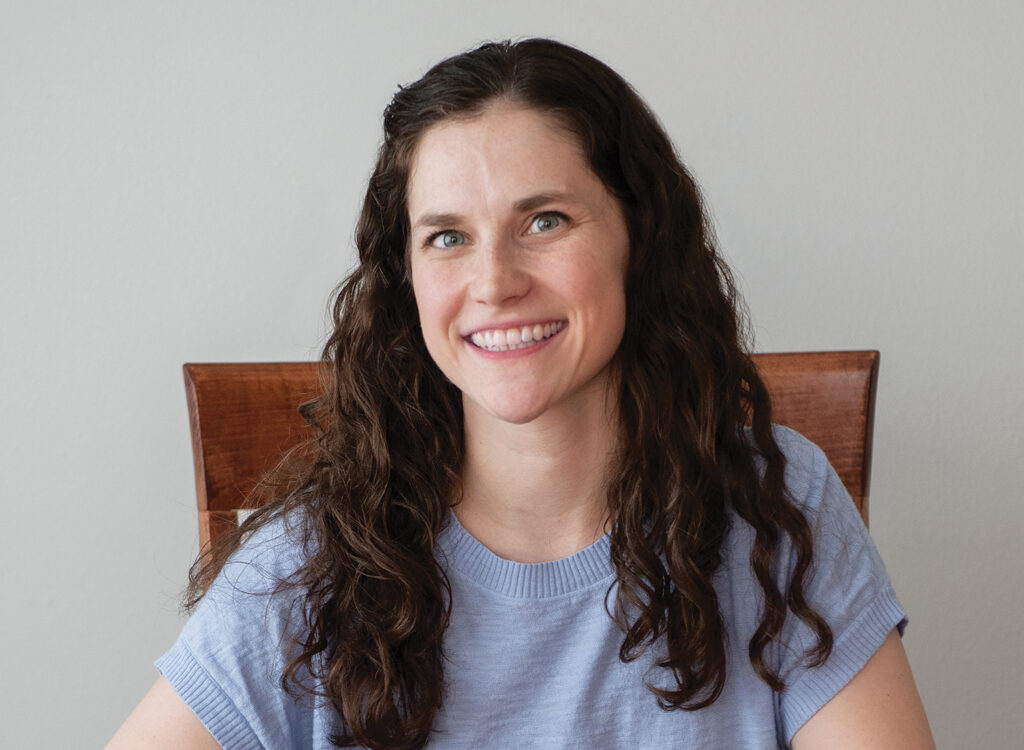Round Two: biorenewable tax credits
Supporters of biorenewable chemicals plan to push tax credit again

PERRY BEEMAN Dec 11, 2015 | 12:00 pm
4 min read time
1,002 wordsBusiness Record Insider, Innovation and EntrepreneurshipSupporters of tax credits to help turn biofuel castoffs into valuable chemicals plan another round of aggressive lobbying after Iowa lawmakers declined to approve the idea last session.
That includes the Iowa Economic Development Authority, where officials fumed when the tax credits were turned aside last session. Reports conflict over why the measure failed to gain traction, with some claiming it was held hostage in a debate over education funding and others saying lawmakers objected to the cost, even if the tax credits came out of the existing tax credit ceiling, as planned.
The plan, which gained wide support among business groups last year, sought $15 million in tax credits for the production of chemicals from biomass feedstocks used in plants that produce biodiesel, ethanol and other products. That would be enough to help some 30 companies.
State economic development staffers have said the initiative adds value to the successful biofuels industry by taking byproducts and turning them into dozens of chemicals in high demand for cosmetics, textiles, lubricants, pet food and other products.
Among those hoping to revive the proposal this year is the Iowa Biotechnology Association. The association, also known as IowaBio, hosted Clare Thorp, managing director of the Washington, D.C.-based Biotechnology Industry Organization, in Des Moines during the Borlaug Dialogue in October. In an interview downtown, she said Iowa is well-suited to lead what appears to be a lucrative new chapter in the biofuels industry.
“You are perfectly placed,” Thorp said. “You have the feedstocks and the companies.”
If the state steps in to help, Thorp said, a modest run of growth in the beginning could become a large industry. “Is there a market and will it grow?” she asked. “Absolutely. Eventually, they won’t need taxpayers’ dollars.”
Thorp, who worked for the Irish government at one point, said the Irish were successful in using government support to bring agriculture initiatives to commercial scale. Iowa could be next.
“It’s very appropriate and forward-thinking of Iowa to consider these policies,” she said of the tax credits. “Iowa is wonderfully well-placed for this industry to grow.”
“You would be creating an industry that generates jobs through valuable products in a way that is good for the environment,” Thorp said. “These are not things you need to dig for in the ground.”
If it’s such a good business play, why should taxpayers need to lend a hand?
“Government involvement is very appropriate,” Thorp said. “The returns have the potential to be enormous.”
“It’s not always good to have everyone trying to move into the cities to find jobs,” which is largely what is happening in Iowa, Thorp said. “This is not just for a few ag companies. You have to think about how you move up the value chain.”
“It would send a strong signal where Iowa is and where it wants to be” on value-added biochemicals, she added. “You have to help these young industries grow.”
Thorp said any tax credits would reward the ag economy because they would support jobs and because the raw materials come from farms.
Joe Hrdlicka, IowaBio executive director, said the tax credits are important. “We’re looking at a slumping ag economy,” Hrdlicka said. “This is a policy that supports the ag economy.”
“I see benefits because it makes sense for big and small companies, rural and urban,” he added.
Hrdlicka said Iowa State University researchers have been talking to companies about the benefits of pursuing the additional products.
“It’s totally added value,” Hrdlicka said. “Why shouldn’t Iowa be the leader?”
Boone glycerin plant to use biofuels byproduct
KemX Global, a Boone-based startup, is getting ready to turn syrupy materials left over from biofuels manufacturing into high-grade glycerin.
Co-founder Mark Merritt, president and CEO, said he and his partners assembled investors a year and a half ago to refine glycerin and to look to make oils from feedstocks that aren’t genetically modified.
As it ramps up next year, the company will take 80 percent pure glycerin and turn it into a pharmaceutical-grade, 99.7 percent pure product for use in cosmetics, pet food or pharmaceuticals.
KemX will buy material for 5 to 10 cents per pound and turn it into a product worth 40 cents a pound. “It’s a pretty big moneymaker,” Merritt said.
The company also plans to turn non-genetically modified cooking oil into an edible product. The company will buy material for 45 cents a pound and sell the refined product for 65 cents.
KemX built a 30,000-square-foot facility with 100-foot ceilings. The price tag: $32.5 million. It’s expected to go online early next year.
In the next phase, KemX wants to ramp up a fermentation division to use the glycerin to produce probiotics for health supplements, yogurt and other products.
The finished facility will pay about $5 million in taxes and have an annual economic impact of $10 million.
Obviously, this 3-year-old project has proceeded without the proposed state tax credits. But Merritt agrees that the assistance would help the industry grow. And the credits could help give firms like his a cushion in the early going.
“Larger companies like Pioneer and Monsanto and REG will be fighting over the same tax credits,” he said. “The thing is, they don’t need them like we do.”
The tax credits would allow KemX to build out its 120-acre site. The company is looking into a protein mechanism that would make corn and soybeans function better in cold and drought. “It will make our soybeans look like they are on steroids,” Merritt said.
A man tried the stuff on tomato plants, and they grew to 6 feet tall, he added.
“We took something that has has very little value and refined it into something that is incredibly useful,” Merritt said.
Merritt is a fourth-generation Iowa farmer whose grandfather started Green Valley Chemical, a fertilizer business in Creston. Merritt grew up in Denver but returned to Iowa to farm in the Orient area.
Now, he is looking to change the chemical world from his office in Boone.










